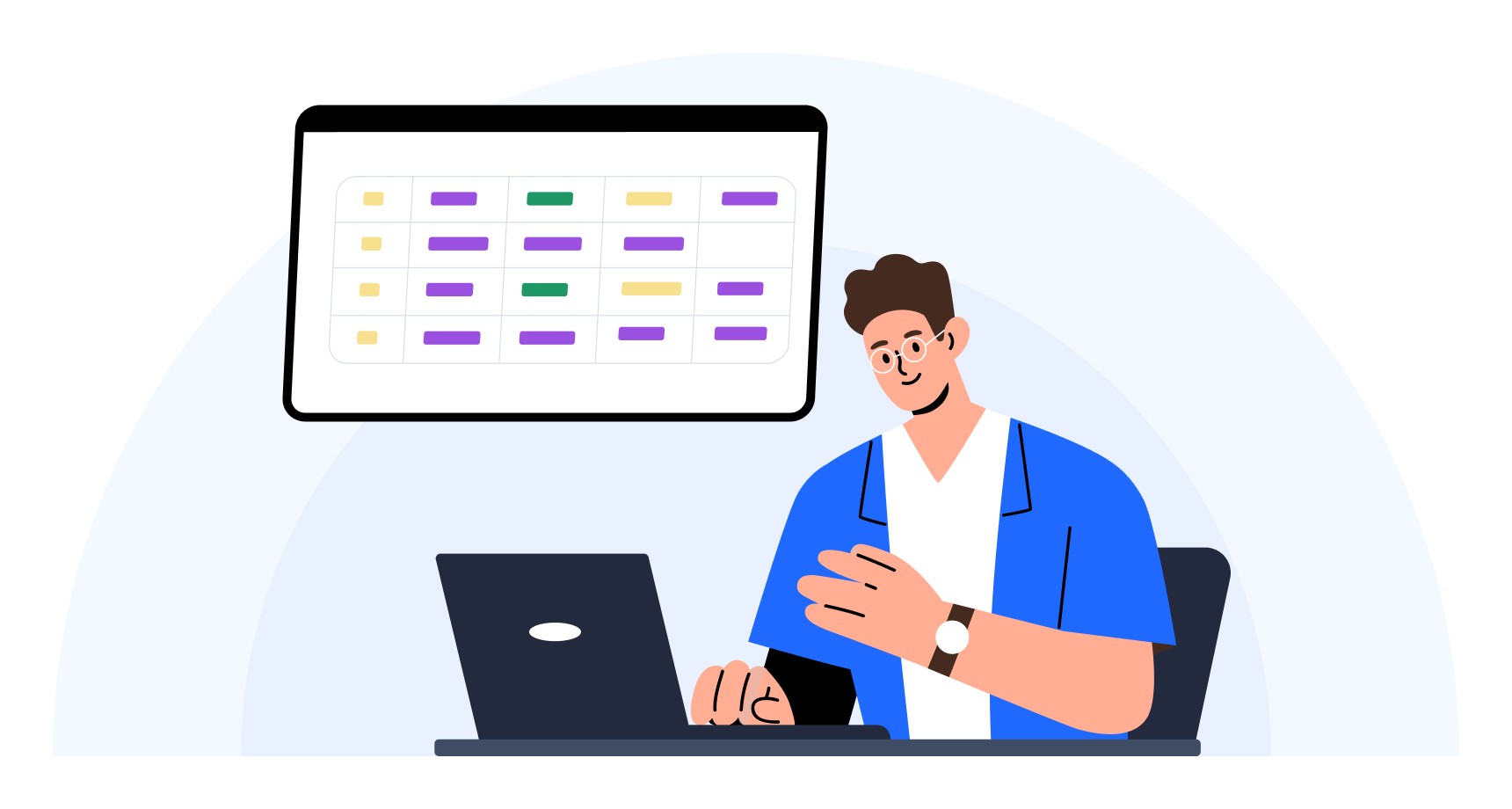Learning SQL can seem daunting, but with the right approach, it’s entirely achievable on your own. This guide outlines a proven five-step process, from identifying your motivation to tackling advanced projects, empowering you to master SQL independently. We’ll also address common pitfalls and highlight effective learning resources.
 Graphic shows the importance of building data projects
Graphic shows the importance of building data projects
Why Self-Learning SQL is Possible
Many aspiring SQL users struggle with abstract concepts and lack practical experience. However, a project-based approach, focusing on real-world applications and hands-on learning, can significantly improve the learning process. This guide emphasizes learning by doing, ensuring you not only grasp the syntax but also understand how to apply SQL in practical scenarios.
Five Steps to Mastering SQL Independently
1. Define Your “Why”:
Before diving into SQL, clarify your motivation. Understanding your purpose, whether it’s career advancement, data analysis skills, or personal enrichment, will fuel your commitment when faced with challenges. Ask yourself: What do I hope to achieve with SQL? What aspects of SQL excite me most?
2. Learn the Fundamentals Fast:
Focus on core concepts like SELECT statements, JOINs, and subqueries. Utilize interactive platforms like Dataquest’s SQL Fundamentals path for hands-on practice with real datasets. This approach solidifies understanding more effectively than passive learning.
3. Guided Projects for Practice:
Reinforce your foundational knowledge through structured projects. Dataquest offers guided projects focusing on various aspects of SQL, allowing you to apply learned concepts in controlled environments. This builds confidence and prepares you for independent projects.
4. Independent Projects for Mastery:
Once comfortable with guided projects, challenge yourself with independent work. Analyze real-world datasets, focusing on projects aligned with your interests or career goals. Resources like Dataquest’s “10 Exciting SQL Project Ideas for Beginners” offer inspiration.
5. Advanced Projects for Expertise:
Continuously push your boundaries with complex projects involving joins, subqueries, and multiple data sources. Challenges like building a railway management system or analyzing data from a digital music store solidify advanced concepts and prepare you for real-world data analysis roles.
Overcoming Common Learning Hurdles
Many SQL courses focus heavily on syntax while neglecting practical application. Choose learning resources that incorporate real-world datasets, address database design principles, and provide ample opportunities for problem-solving. This hands-on approach will better equip you for real-world data challenges.
Choosing the Right SQL Resources
Effective SQL learning resources prioritize practical application and real-world scenarios. Dataquest, Codecademy, Khan Academy, freeCodeCamp, and W3Schools are excellent platforms offering interactive lessons, hands-on projects, and comprehensive curriculums.
Conclusion
Learning SQL independently is achievable with a focused approach. By defining your motivation, mastering the fundamentals, and progressively challenging yourself with projects, you can acquire valuable SQL skills. Embrace continuous learning and leverage available resources to unlock your data potential. Remember, consistent practice and real-world application are key to mastering SQL.

